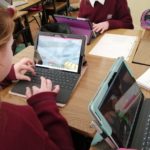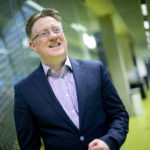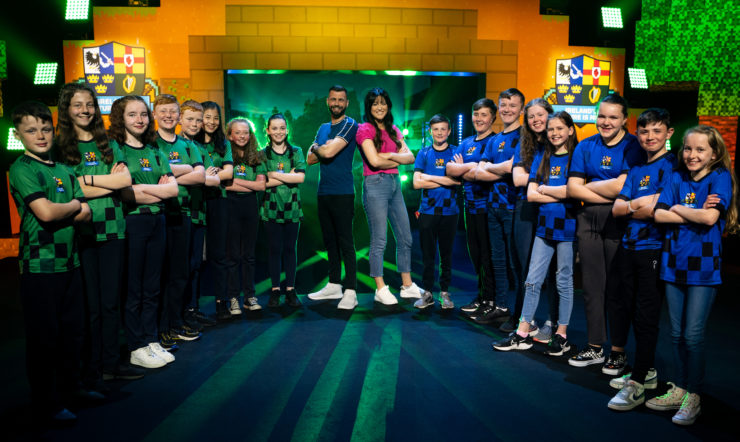The Future of Work is Child’s Play
In his very famous TED talk, Sir Ken Robinson argued that education needed to focus on stimulating creativity and imagination to equip future generations for a rapidly changing world.
As part of our Surface Go launch, Microsoft asked Irish parents about how they viewed imagination, creativity, outdoor play and school’s importance in their children’s education. This builds on our research conducted in December 2017 of 1,000 Irish girls and young women which explored the connection between creativity and an interest in STEM subjects and careers in STEM. This research found that the more creative they consider themselves to be, the more they can imagine pursuing a career in a STEM-related field.
85% of Irish parents see ‘creativity and imagination’ as being just as important for a child’s development as literacy and numeracy’, while 73% agree an ‘entrepreneurial spirit’ is crucial.
Parents recognised that a focus on creativity has a direct impact on the importance placed on creativity in the workplace and day to day life. 72% of Irish parents see their job to be in some way creative, compared to just 45% for their parents (today’s grandparents).
Parents today consider their children the most creative people in the family (41%) and are just as likely to be proud of their children for creative achievements as physical or ‘traditional’ ones. For example, parents are more likely to be proud of their child for ‘writing an imaginative story’ (56%) than they are for ‘solving a complex maths equation’ (45%) or ‘winning a sports prize’ (49%).
But there are some creative differences emerging in how parents encourage creativity versus the subjects they see as important.
For example, Irish parents rate creative subjects as bottom of the pile in importance. The most important subjects for parents are Maths (71%), English (54%), and Science (43%), with the least important being Music (9%), Art and Design (7%), and Drama (5%).
When parents were asked what careers, they wanted for their children, medicine was chosen as the number one career choice, as chosen by over a fifth (22%) of parents Information Technology a close second (21%), and law in third place at 15%. Encouragingly, most Irish parents don’t mind what career their child follows as long as they are happy.
State of play
Irish parents see the benefit of after school activities when it comes to their children’s development – with nine out of ten parents saying an out of school activity is as beneficial as a day at school. 43% thought this would involve a day of outdoor activities such as hide-and-seek or climbing a tree, whilst a day at a museum or gallery (36%), a cultural holiday (37%), an adventure holiday (33%), and a day exploring a new area (33%) also featured strongly. The average Irish child does 1.7 extracurricular activities a week – younger children are more likely to do two per week while ages 7-16 will most likely do just one per week.
But we also found that a significant 90% of children are now using the internet to help with real world, outdoor play. For example, 33% use it to find out more about animals or insects they have seen, 31% look up places they want to go to nearby, and 31% use it when arranging to meet up with friends.
In a world with a growing digital culture, technology and outdoor play don’t have to be mutually exclusive – it’s all about enabling people to search and discover real world activities. Parents can encourage their children to embrace creative subjects – and with technology, they can create a very promising future in a continually transforming world.












